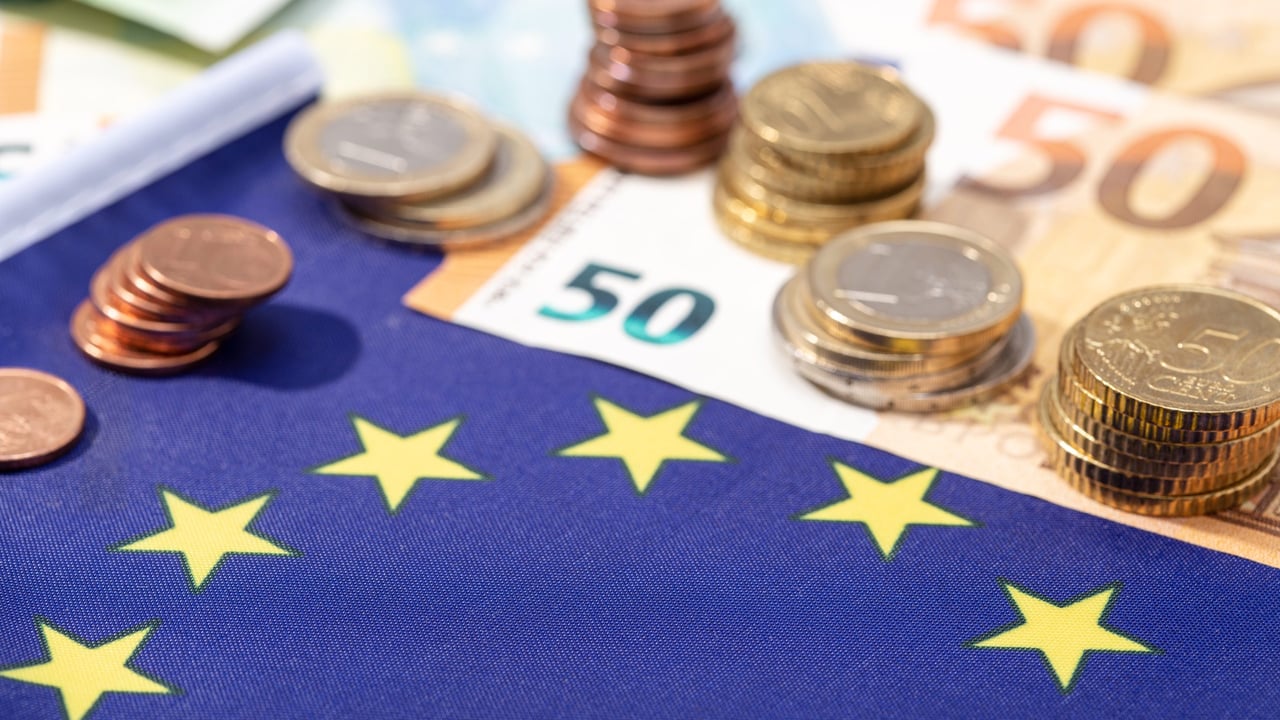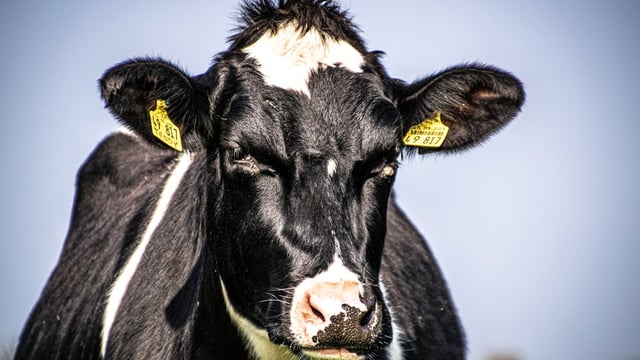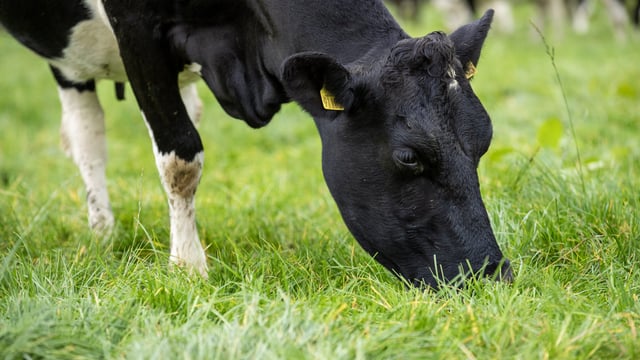European Commission proposes '€300bn for farmers' in next EU budget
The European Commission has proposed a €300 billion package of supports for farmers in the next long-term EU budget.
The Commissioner for Budget, Anti-Fraud and Public Administration, Piotr Serafin, today (Wednesday, July 16) said he had listened to "concerns" about European farmers' incomes as he unveiled details of the budget for 2028-2034 which totals €2 trillion.
Commissioner Serafin presented details of the European Commission's proposal on the next "ambitious" Multi-annual Financial Framework (MFF) to the European Parliament's budget committee.
He said: "The next MFF will be organised around the same core functions of the EU budget - support to member states via national and regional partnership plans, support to beneficiaries and businesses via the competitiveness funds and support to partners via Global Europe.
"National and regional partnership plans will bring together the reforms and investments under a co-ordinated framework, they will help us deliver faster and with more impact across our priorities from cohesion and regional development to agriculture.
"The plans will not forget our farmers and fishermen - we will ensure that their income is protected by ringfencing of €300 billion for farmers, €2 billion for fishermen, and that includes also doubled agriculture reserve.
According to the European Commission, it is proposing a fundamental redesign of the EU budget, which it said will be "more streamlined, flexible and impactful".
The commission has outlined that the next long-term budget "will bring together EU funds implemented by member states and regions under one coherent strategy, with cohesion and agricultural policy at its core".
It has detailed that this strategy "will be implemented through National and Regional Partnership Plans, simpler and more tailored, to maximise the impact of every euro".
According to the commission, having one single plan per member state "integrating all relevant support measures - whether for workers, farmers or fishermen, cities or rural areas, regions or the national level - ensures a much stronger impact, and a much more efficient use of European funding".
Separately the European Commission President, Ursula von der Leyen, said at a press conference that agriculture and cohesion "remain at the heart of our budget".
"It is a budget that matches Europe's ambitions, that confronts Europe's challenges and that strengthens our independence
"The budget is larger, it is smarter and it is sharper," the president said.
She also outlined that member states contributions to the EU budget would remain "constant".
President von der Leyen highlighted that agriculture and cohesion were "the central pillars of European solidarity and investment in the European model".
"We are safeguarding €300 billion for farmers' income support - this includes the doubled agriculture reserve so all farmers' livelihoods are protected," she added.
The previous MFF for 2021-2027 allocated €386.6 billion to CAP in the EU budget divided between the “two pillars”.
According to the European Commission key features of the new MFF for 2028-2034 will ensure that income support to farmers and fishermen will be ringfenced, "including environmental measures, on-farm investments, support to young farmers and risk management tools".
It added that funding rules for agriculture and rural communities will be "simpler, including on payments, controls and audits".
However MEPs immediately criticised the commission's proposed long-term budget and warned that a 1.26% spending ceiling will force cuts to flagship programmes while debt repayments loom.
The European Parliament's co-rapporteurs on the EU’s long-term budget warned that the commission's draft budget "does not leave sufficient funds for critical priorities including competitiveness, cohesion, agriculture, defence, climate adaptation and the investment necessary for a sustainable economy that works for all".
MEPs are also worried about proposals that could weaken regional and local authorities' role in managing funds, and "pitting farmers against regions, or regions against national governments".
They have also insisted that any new performance-based mechanism for member states to access funds must include robust parliamentary oversight and cannot circumvent democratic scrutiny of EU spending.






